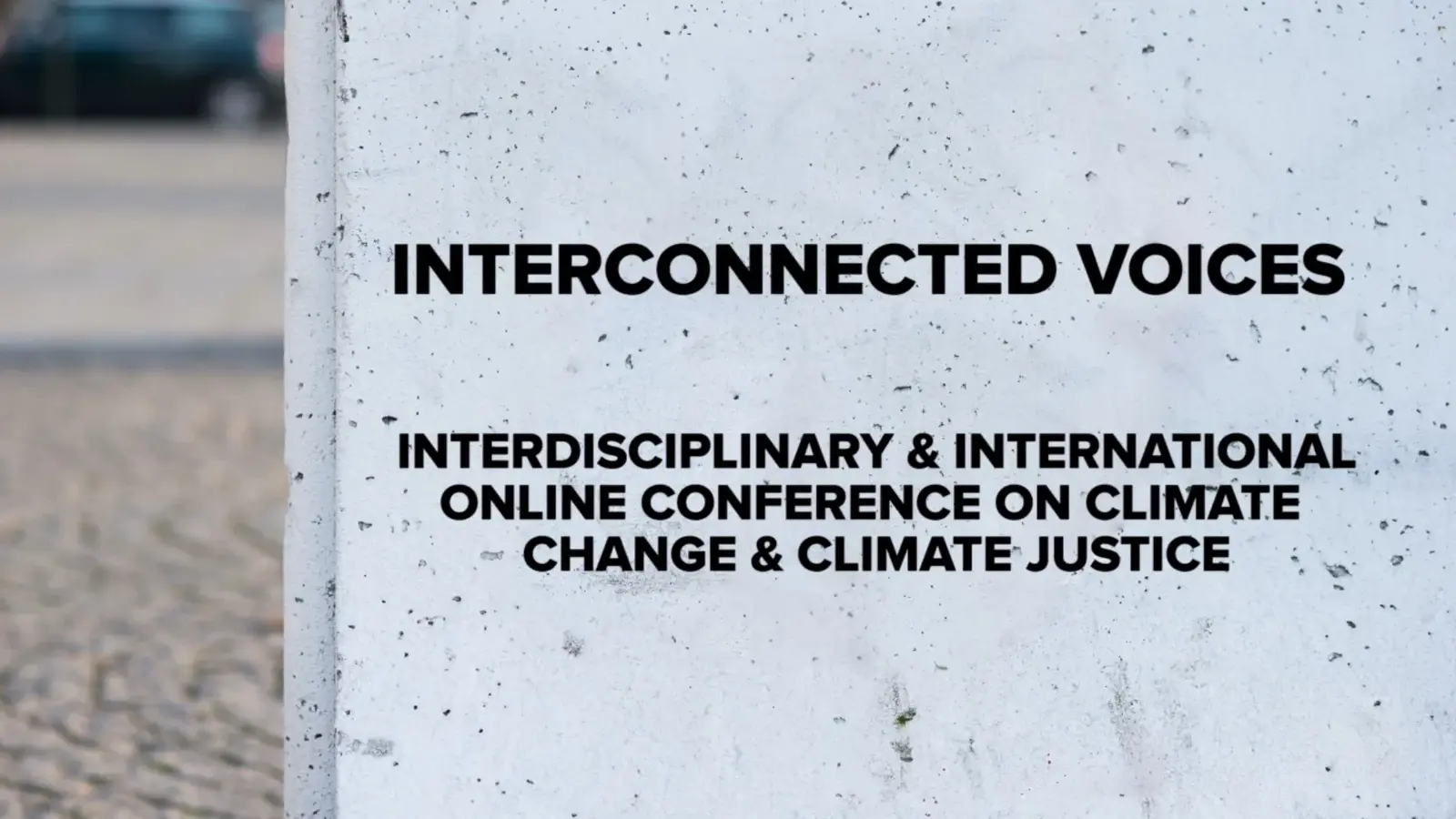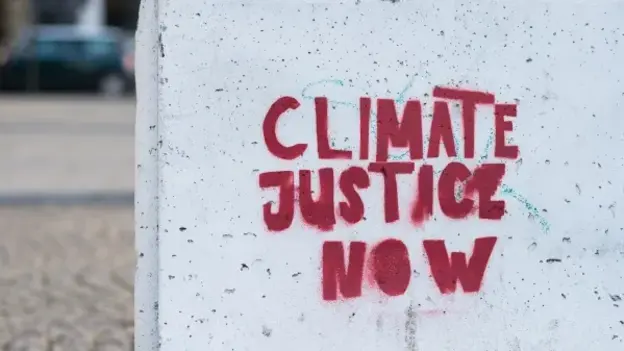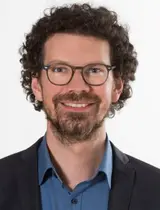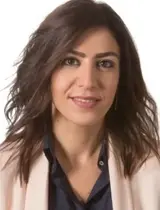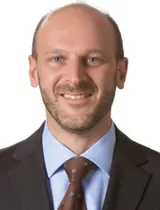Working Group Meeting
Interconnected Voices on Climate Change and Climate Justice
Climate change and global warming lead to large-scale shifts in global ecological, societal, and economic systems. These shifts are rapidly redesigning the realities and livelihoods of everyone. In a global perspective, however, the changes are not occurring in the same form and intensity. Therefore, the effects of climate change need to be connected to different concepts of (in)justice. A major concern related to climate justice is that those who are least responsible for climate change suffer most from the consequences.
To intensify the debate about environmental justice in general and the ethical dimension of climate change in particular, the Working Group Energy, Water and Environment created an inclusive digital conference to bring together a diverse range of academics and previously underrepresented representatives of civil society and climate activism.
Dr. Philipp Blechinger, one of the main conference organizers, summarizes:
Fighting climate change and creating climate justice are urgent tasks that need bottom-up approaches representing diverse multi-perspective analysis. In this conference, we managed to connect voices from very different backgrounds and countries to discuss challenges and solutions. I look forward to building upon the momentum.
Removing barriers to access the network: 300 participants from 20 countries
The highly interdisciplinary conference brought together more than 300 participants and speakers from over 20 countries. The online format removed barriers to access the conference, to exchange views, and to develop new ideas. The integration of strongly affected but underrepresented groups of speakers is key to develop sustainable strategies of coping with changing environments and to strengthen a new set of values in the climate change discourse.
Including a gender dimension to the climate change discourse
Unlike other climate conferences, which centre technological innovations as main contribution to climate protection, the speakers of the conference focussed their attention on other, albeit just as important, issues such as the integration of a gender dimension into climate policy. In their keynote speech, Zakia Soomauroo and Katrin Lammers pointed out
Women commonly face higher risks and greater burdens from the impacts of climate change. In addition to that, women face unequal participation in decision-making processes. But women play a critical role in response to climate change due to their local knowledge of sustainable resource management at houshold and community level.
Islands – most impacted by climate change
Islands worldwide are in a state of climate vulnerability due to the many different factors threatening their development, such as their geographical position or their political autonomy. But many islands, despite being the most impacted by climate change, do not have a seat at the negotiating table on global agreements and therefore need to find other ways to express their concerns and explore innovative mechanisms for adaptation.
Building civic narratives on climate protection
The two-day conference program included a broad range of thematic sessions and workshops with contributions from several AGYA members. In a keynote speech, Dr. Amro Ali has introduced an Arab perspective into the debate by stating that climate change is an issue that does not have a high priority in the public consciousness of Arab societies. Not least for this reason, it is important to develop a mobilizing civic narrative that has a vision of sustainability and includes an empirical guide to action. Another panel was exclusively dedicated to social and political aspects of climate change, discussing among others, the following questions: How is society able to adapt to constantly changing circumstances? What is needed to support communities? To what extent is policy guiding change and where do we need a bottom up approach?
Moving ideas not people
In addition to furthering the topic of climate justice as a transdisciplinary field. A key achievement was the introduction of innovative and alternative perspectives on climate justice. At the same time, the online conference serves as a best-practice for inclusive and climate-friendly scientific online-conferencing.
Selected Presentations
Opening session on climate change with keynote presentations on
USA: The role of renewable energy in climate protection and social justice
Prof. Dr. Daniel M. Kammen, University of California, USA
Renewables, Climate and Africa's Clean Energy Transition
Dr. Rebekah Shirley, Chief of Research at Power for All, USA
Opening session on climate justice with a keynote presentation on
Thwarting in a Climate Change Apocalypse through Civic Narratives
Prof. Dr. Amro Ali, American University Cairo, Egypt
Find more presentations here.
- Disciplines Involved
- Biochemistry, Economics, Energy Engineering, Political Sciences, Psychology, Urban Studies
- Cooperation Partner
- Reiner Lemoine Institute (RLI), Germany
- Project Title
- Interconnected Voices: Climate Change, Equity, and the Way Forward
- Year
- 2020
- Funding Scheme
- Working Group Meeting
- Working Group
- Energy, Water and Environment
- Countries Involved
- Germany, Lebanon
Interconnected Voices: Climate Change, Equity, and the Way Forward
Become part of this community and get inspired by listening to selected speakers in the video featuring some of the conference highlights!
